

2018-05-03 07:34:00 Thu ET
technology antitrust competition bilateral trade free trade fair trade trade agreement trade surplus trade deficit multilateralism neoliberalism world trade organization regulation public utility current account compliance
Sprint and T-Mobile propose a major merger in order to better compete with AT&T and Verizon. This mega merger is worth $26.5 billion and involves an all-stock deal that exchanges 9.75 Sprint shares for each T-Mobile share. The bipartite company retains the T-Mobile name, keeps its CEO John Legere, and encompasses about 120 million subscribers. This merger carries about $146 billion enterprise valuation with debt in comparison to $313 billion Verizon enterprise value and $334 billion AT&T enterprise valuation. The latter telecom titans invest in substantial fiber-optic, wireless telecom, telephone, can cable television operations.
Joining forces would allow the company to build out a 5G wireless network in direct competition with AT&T and Verizon. This new merger clears the cloudy practices that may harm consumer benefits in the prior M&A attempt back in 2014. T-Mobile and Sprint suggest that times have changed a great deal since 2014 since several companies such as Comcast now enter the mobile business. Moreover, the White House advocates that 5G wireless communication technology is crucial for national economic security reasons. Many stock analysts now consider this mega merger to take place with a 50%+ chance of regulatory approval.
If any of our AYA Analytica financial health memos (FHM), blog posts, ebooks, newsletters, and notifications etc, or any other form of online content curation, involves potential copyright concerns, please feel free to contact us at service@ayafintech.network so that we can remove relevant content in response to any such request within a reasonable time frame.
2018-06-11 07:44:00 Monday ET
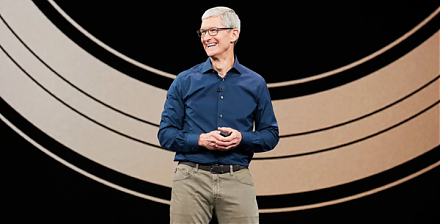
Facebook, Apple, Amazon, Netflix, and Google (FAANG) have been the motor of the S&P 500 stock market index. Several economic media commentators contend
2018-08-19 10:34:00 Sunday ET
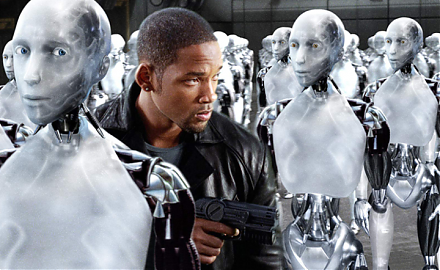
The World Economic Forum warns that artificial intelligence may destabilize the financial system. Artificial intelligence poses at least a trifecta of major
2018-07-09 09:39:00 Monday ET
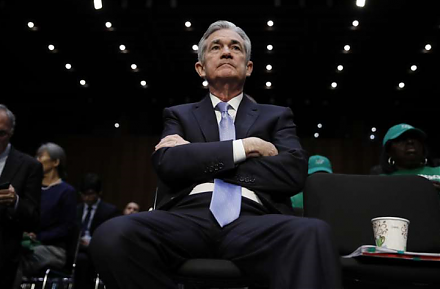
The Federal Reserve raises the interest rate again in mid-2018 in response to 2% inflation and wage growth. The current neutral interest rate hike neither b
2019-10-23 15:39:00 Wednesday ET
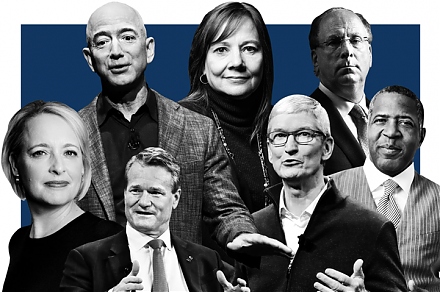
American CEOs of about 200 corporations issue a joint statement in support of stakeholder value maximization. The Business Roundtable offers this statement
2022-05-15 10:29:00 Sunday ET

Innovative investment theory and practice Corporate investment can be in the form of real tangible investment or intangible investment. The former conce
2017-02-01 14:41:00 Wednesday ET
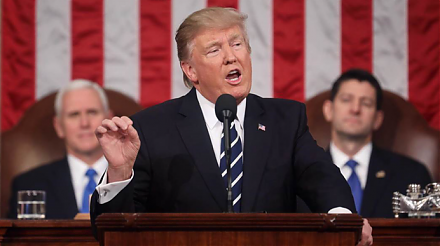
President Trump refreshes his public image through his presidential address to Congress with numerous ambitious economic policies in order to make America g